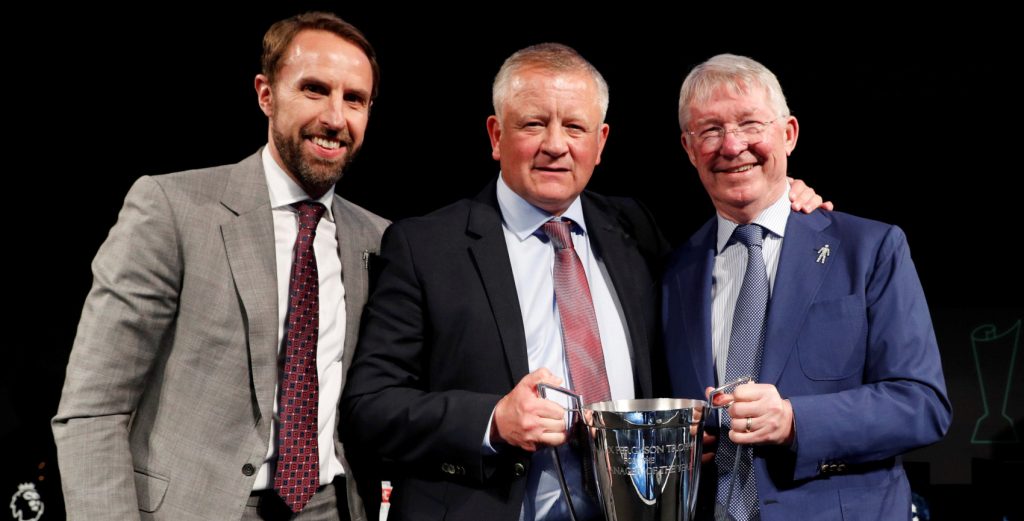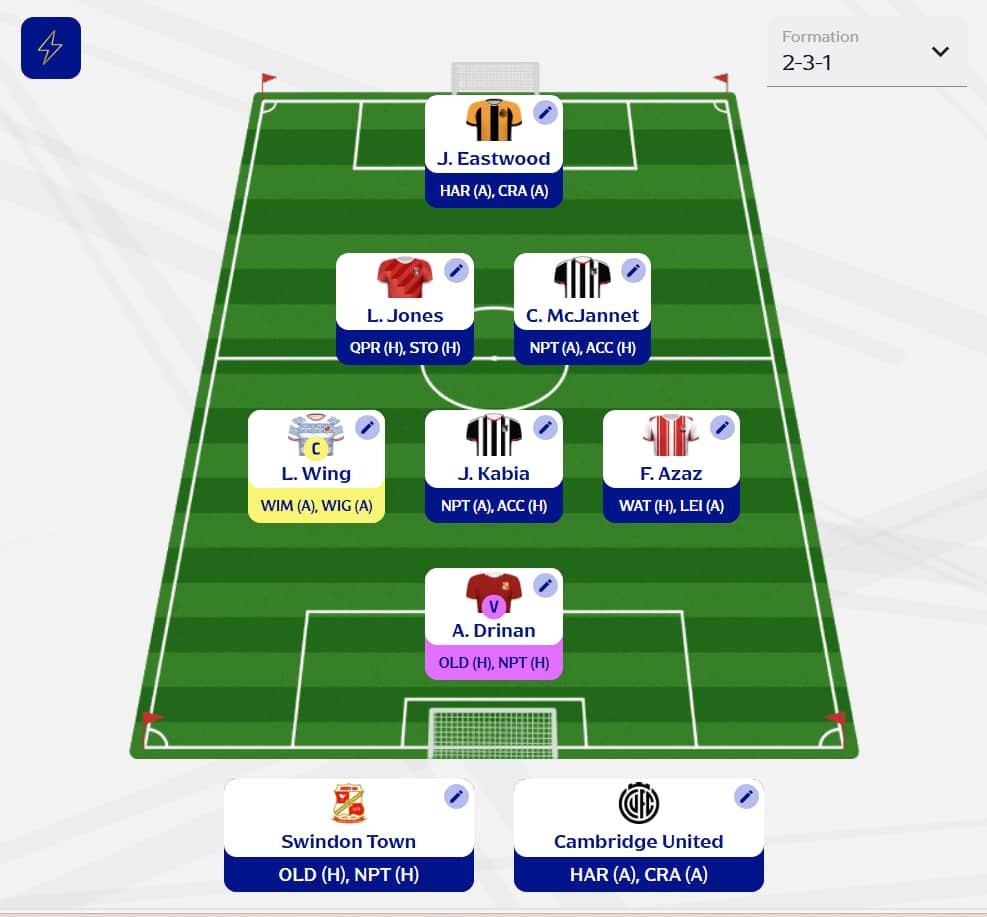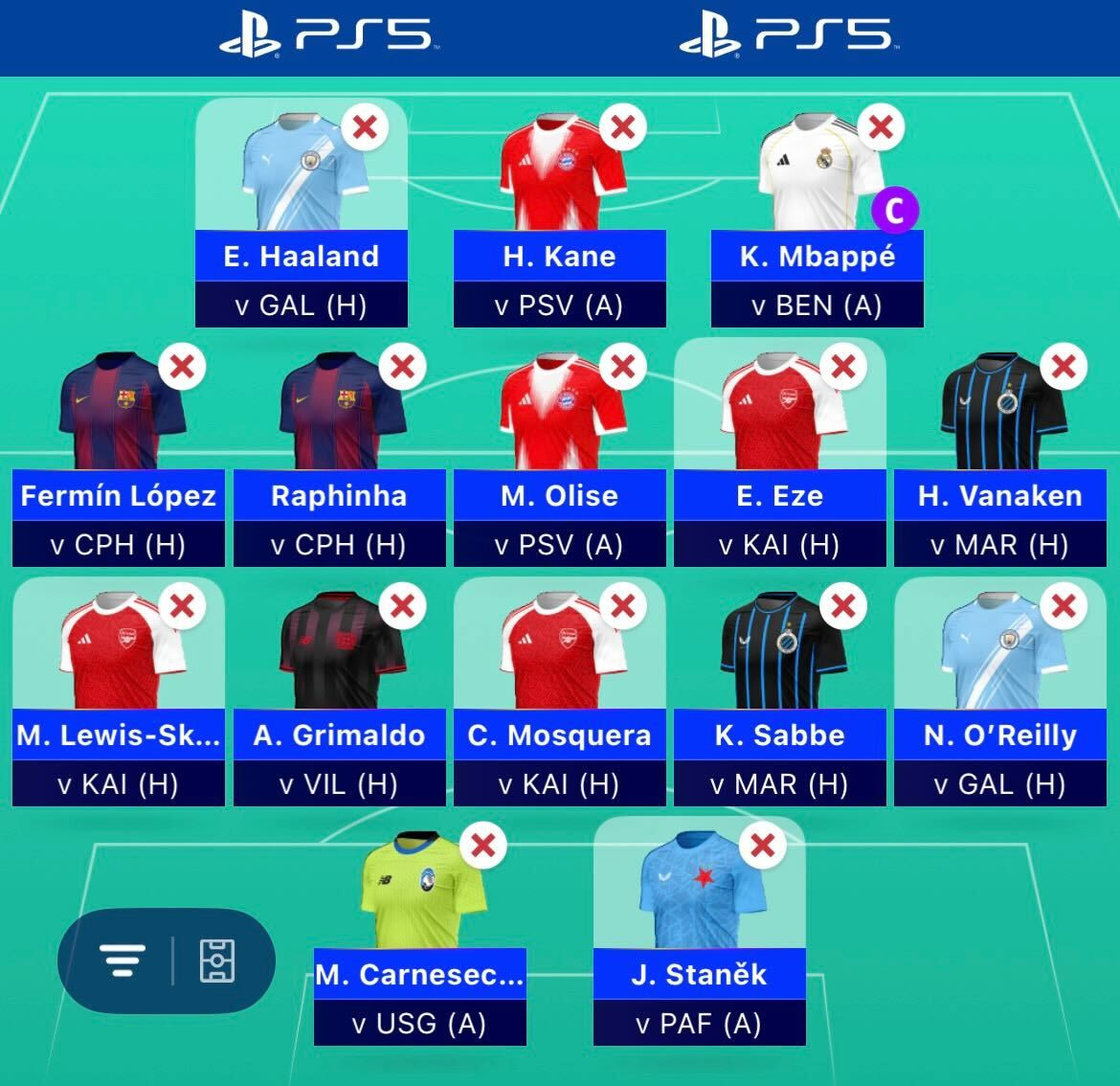Our analysis of the newly promoted Premier League clubs continues with a look at Sheffield United, who are back in the top flight after an absence of 12 years.
This piece will focus mostly on manager Chris Wilder and his tactical approach, with a player-by-player study to follow soon.
We spoke to BladesPod‘s Ben Meakin about the United boss and his tactics and footballing ethos, as well as Wilder’s helpfulness in providing us with unambiguous injury updates – something we particularly appreciate as Fantasy managers.
You can read our piece on Norwich manager Daniel Farke here.
The Statistics
The Blades finished second behind Norwich City and had the joint-best defensive record in the second tier of English football, conceding on just 41 occasions in 46 Championship matches.
Wilder’s side were the fourth-highest scorers in the division with 78 goals, with only Norwich, West Bromwich Albion and Aston Villa hitting the back of the net with more regularity.
United had the best home record in the division and were ranked second for results on the road:
| P | W | D | L | F | A | GD | PTS | CS | |
| Total | 46 | 26 | 11 | 9 | 78 | 41 | +37 | 89 | 21 |
| Home | 23 | 15 | 4 | 4 | 42 | 17 | +25 | 49 | 12 |
| Away | 23 | 11 | 7 | 5 | 36 | 24 | +12 | 40 | 9 |
CS = Clean sheets
Fifteen of Sheffield United’s 21 clean sheets came in a remarkable second half of the season in which they conceded only 14 goals in 23 matches.
That run included seven shut-outs in as many fixtures in February and March.
What is Wilder’s background?
Born in September 1967, Wilder spent his formative playing years with Southampton before moving to boyhood club Sheffield United in 1986.
That was the first of two spells with the Blades as a player, with his journeyman career taking him to 11 different teams.
A defender in his playing days, Wilder began his managerial career in October 2001 with non-league Alfreton Town, who he led to the Northern Counties East Football League Premier Division title in his one and only season in charge.
A move to Halifax Town, newly relegated from the Football League, followed in 2002, with Wilder guiding the now-defunct club to a Conference play-off final in 2005/06 despite their financial plight.
Wilder even steered the struggling Shaymen to safety in their final season in existence, despite a ten-point penalty for going into administration.
Wilder was appointed manager of Oxford United six months after Halifax’s liquidation and spent six years with the Yellows, earning promotion from the Conference via the play-offs in 2009/10.
Three and a half seasons with the Us in League Two followed (Oxford finished in the top half in all of them) before Wilder moved to Northampton Town in January 2014.
Steering Northampton to League Two promotion in his second full season in charge of the Cobblers, Wilder swiftly departed to Bramall Lane in May 2016 and guided the Blades to the League One title in his first season at the helm.
United finished tenth in their first season back in the Championship before Wilder led his troops to the runners-up spot in the season just gone – a massive achievement considering the Blades had been joint-12th-favourites for promotion before the start of 2018/19 and were competing against numerous clubs with bigger budgets.
That accomplishment was put in context when Wilder was not just presented with the Championship Manager of the Year award but also named LMA Manager of the Year, becoming only the fifth head coach outside of the top flight to win the award in its 27-year history.

What style of football does Wilder use?
Having largely favoured a back four during his time at Oxford and Northampton, Wilder switched to a 3-5-2/3-4-1-2 very early in his tenure at Bramall Lane after an inglorious start to the 2016/17 season when playing in a 4-4-2.
The 3-5-2/3-4-1-2 formation has effectively been used ever since, with that shape seeing United to two promotions in three seasons.
There has been much excitement since the Blades’ promotion about their “overlapping centre-backs”.
In Wilder’s high-tempo system, the left and right-sided centre-halves (typically Jack O’Connell and the versatile Chris Basham) are given license to push forward and support or overlap United’s wing-backs.
When that is happening, one of the Blades’ technical central midfielders (John Fleck and the influential Oliver Norwood) will generally stay back to provide cover alongside the remaining stopper (John Egan) – although Fleck and Norwood are far from defensive-minded midfield spoilers, having registered 18 assists between them in 2018/19.
Ben Meakin explains further:
“We play quite an unusual style with “overlapping centre-backs” getting forward to join the attack. For the last couple of seasons, we’ve played a 3-5-2/3-4-1-2 and it’s implemented in a very attacking manner.
“Essentially, we try to pen opposition teams in with controlled possession in their final third, at which point one of our wide centre-backs bombs on to create an overload. It sounds like it shouldn’t work, but it does – we’ve got a lot of goals from it as teams really struggle to adapt to the “organised chaos” that we try and create.
“I don’t expect United to run riot in the Premier League as Wolves have done – we have nowhere near that level of investment – but I do think we’ll play in a front-foot way and score goals.” – Ben Meakin
When out of possession, the 3-5-2 can become a 5-3-2 or indeed a 5-4-1, with McGoldrick pulling wide.
The wing-back closest to the action (the excellent Enda Stevens on the left or George Baldock on the right) will sometimes press aggressively higher up, with his teammate on the opposite flank dropping into a back four.
United’s front two have generally been Billy Sharp and the roaming David McGoldrick, who have plundered 38 league goals between this season, with the most advanced central midfielder – veteran Mark Duffy for the most part, with loanee Kieran Dowell having also job-shared in that role – getting forward to support them in attack.
The fluid system obviously requires excellent stamina levels, which in itself could bode well for next season given the increased physical demands in the top flight.
Speaking after his side won promotion, Wilder said there may be small tweaks to the system once the Blades are competing in the Premier League:
“I’ll have to be cuter, we might have to alter it a bit, but to change our identity as a team would be very foolish and very dangerous.
“We might be on the counter a few more times than we were this year – the risk and reward attitude of our team might be tempered a little bit, I’d say.” – Chris Wilder
Seven of United’s first-choice starting XI made 38 league starts or more in 2018/19 and Ben Meakin explains that regular rotation hasn’t really been an issue – although the size of the Blades’ squad perhaps accounts for that.
“We were a very settled side this season, with occasional rotation mainly down to a need to save legs rather than tinkering with the team. Partly that is down to us not having the deepest of squads; in January we brought in Kieran Dowell, Gary Madine and Scott Hogan on loan and that allowed us to rotate more, although none of them truly displaced any of our first choice XI.” – Ben Meakin
There will be more individual analysis on United’s players in our follow-up articles to come.
Further reading on the Blades’ tactics can be found in this FootballDNA article, in this Medium.com piece and in a hot topic from our very own avfc82.
How does Wilder handle the press?
Fantasy Premier League bosses are losing two talkative, honest and occasionally prickly characters in Neil Warnock and Jan Siewert next season, as well as a manager we haven’t had much time to get to know as a head coach (Scott Parker).
For those FPL managers who bemoan the likes of Eddie Howe and Pep Guardiola for their lack of cooperation when it comes to team news, it does sound like Wilder may be of more assistance in that department.
“Generally very honest and up-front. One thing I really like about Wilder is that he’s quick to praise the opposition and not afraid (at all) to call out his own players if they’ve not done what’s asked of them.
“He’s a big proponent of having to “earn the shirt” and there’s no sentimentality about his team selections. It’s a far cry from the days of Neil Warnock blaming every little thing on the referee.
“He’s usually pretty honest about team news and fitness issues – I’d almost say that he tries to manage expectations rather than playing mind games about who’s available. That could change in the Premier League but generally, we know well in advance if someone is going to be injured/might not be fit for the next game.” – Ben Meakin
Where might Wilder strengthen in the summer and which players are in danger of losing their place?
Wilder has already let five out-of-contact fringe players go this summer: Daniel Lafferty, Conor Washington, Martin Cranie, Caolan Lavery and the much-loved Paul Coutts.
We asked Ben Meakin if he thought the Blades would look to strengthen in certain areas and which of the promotion-winning squad could potentially be at risk.
“I think we’ll roll with much of the same team as this year – as I mentioned, the system is a strength, and the players know it inside-out.
“That said, I think we’ll be looking for starting-calibre players at right wing-back (George Baldock is fine, but we need more attacking output from that position), striker (we currently only have two on the books, and I don’t expect Billy Sharp to start every game), right centre-back (as much as I love Basham, he is 30 now, and this feels like one that might get upgraded if we can) and number ten.
“In that latter role, Mark Duffy is a fantastic technical player but at the age of 33, we’ve had to manage his minutes carefully. He’s so good that he’s been extremely hard to replace, but hopefully, this season is the one that his successor arrives at the club.” – Ben Meakin

Local journalist James Shield of the Star also pinpointed areas where he thinks the Blades will strengthen in this post-season piece.
The nature of the malleable 3-4-1-2, with its gung-ho centre-backs, means that the formation will shapeshift during matches but our Sheffield United correspondent says that, for the most part, Wilder is fairly consistent with his tactics:
“Generally, we stick to our way of playing and back our ability to cause the opposition problems rather than worry about them.
“That said, we were more pragmatic at times this season and would switch up the formation on the fly, with Basham stepping into midfield if required.
“Overall though, the uniqueness of our system is our strength and one that I expect to see in most games, particularly at home.” – Ben Meakin
A big thanks to Ben – whose website can be found here – for his time.
The end-of-season BladesPod special, with a player-by-player analysis of Sheffield United’s promotion-winning campaign, is an excellent listen, incidentally.


